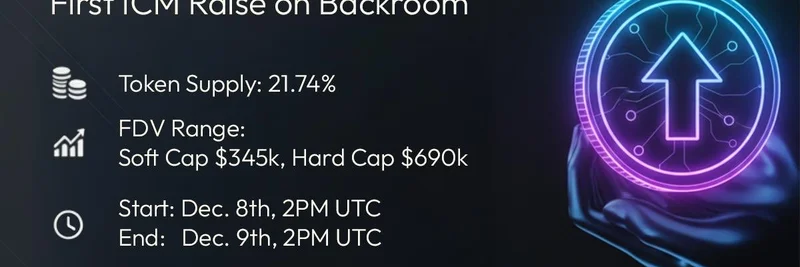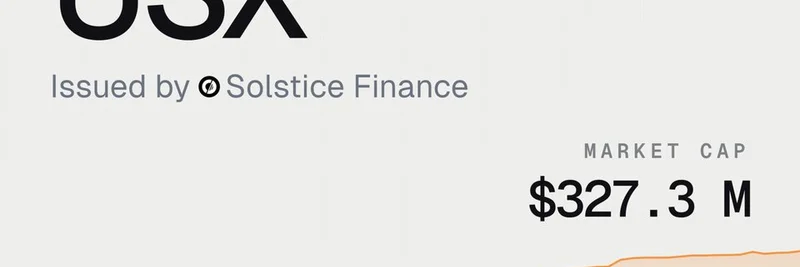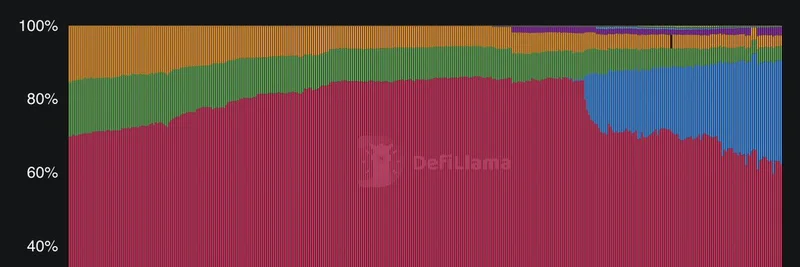In the fast-paced world of cryptocurrency, privacy often gets misunderstood as something that clashes with the core principles of blockchain technology. But as Mert, the CEO of Helius Labs and a former Coinbase exec, pointed out in a recent X thread, that's not the case at all. Let's dive into his thoughts and why they matter, especially for those in the meme token space where quick trades and community buzz can expose users to unnecessary risks.
Mert kicked off the conversation by quoting his own earlier statement: "crypto without privacy is not crypto." He then elaborated, challenging the common belief that blockchains are all about total transparency. "There's a misconception that transparency is the whole point of blockchains and that privacy is antithetical to this," he wrote. "No. The point of blockchains is verifiability, not surveillance."
What does that mean exactly? Verifiability in blockchain terms refers to the ability to confirm transactions and data without needing a central authority—think of it as a public ledger where you can prove something happened without revealing every personal detail. Surveillance, on the other hand, implies constant monitoring, which isn't the goal. Privacy tools allow users to share only what's necessary, keeping the rest shielded.
In a follow-up post, Mert gave real-world examples: "There are cases where transparency helps with verifiability. For example, price discovery and market depth, reserves, borrow/lend." These are scenarios in DeFi (decentralized finance) where seeing market data openly benefits everyone, like checking how much liquidity is in a trading pool or verifying a protocol's reserves to avoid rugs. But, he stressed, "privacy is about disclosing the information necessary, as needed. Not handing over all of it under false pretenses."
This resonates big time in the meme token ecosystem. Meme coins, often built on Solana for its speed and low fees, thrive on viral hype and community engagement. However, without privacy, every wallet move is traceable, making it easy for bad actors to front-run trades or dox users. Imagine launching a fun meme project only to have your holdings spied on—privacy layers could change that, letting creators and holders operate more securely.
The thread sparked reactions, including one highlighting the $ZERA protocol on Solana. A user shared a milestone from August 2025: the first successful deployment of a privacy-preserving transaction on Solana's devnet using zero-knowledge proofs (ZKPs). ZKPs are cryptographic methods that let you prove something is true without revealing the underlying data—like confirming you have funds without showing your balance. The post detailed a sharded output system for multi-recipient privacy, with links to Solscan transactions for verification.
This ties directly into Mert's point: innovations like $ZERA show how privacy can enhance verifiability. No on-chain traces between deposits and withdrawals mean better protection, which could boost adoption in meme tokens where anonymity fuels creativity and fun.
Other replies echoed the sentiment. One user asked if Mert had checked out $ZERA, while another pondered if this means agencies like the CIA didn't create Bitcoin (a nod to ongoing privacy debates). Questions about private stablecoins popped up too, hinting at growing interest in shielded assets.
For blockchain practitioners and meme enthusiasts, Mert's insights are a reminder to prioritize privacy tech. Tools like ZKPs and protocols on Solana are evolving, making it easier to build verifiable yet private systems. If you're trading meme tokens or exploring DeFi, consider wallets and dApps that support privacy features to stay ahead.
As the crypto landscape matures, balancing verifiability with privacy isn't just nice—it's essential for true decentralization. Keep an eye on projects like Helius Labs for more on Solana's infrastructure, and explore Zera Labs for cutting-edge privacy solutions. What are your thoughts on crypto privacy? Drop them in the comments below!



